Rare variants
Genome structure could be key factor in some forms of autism
Variants in DNA stretches that do not code for proteins may alter the genome’s 3D architecture, influencing the expression of distant genes linked to autism.
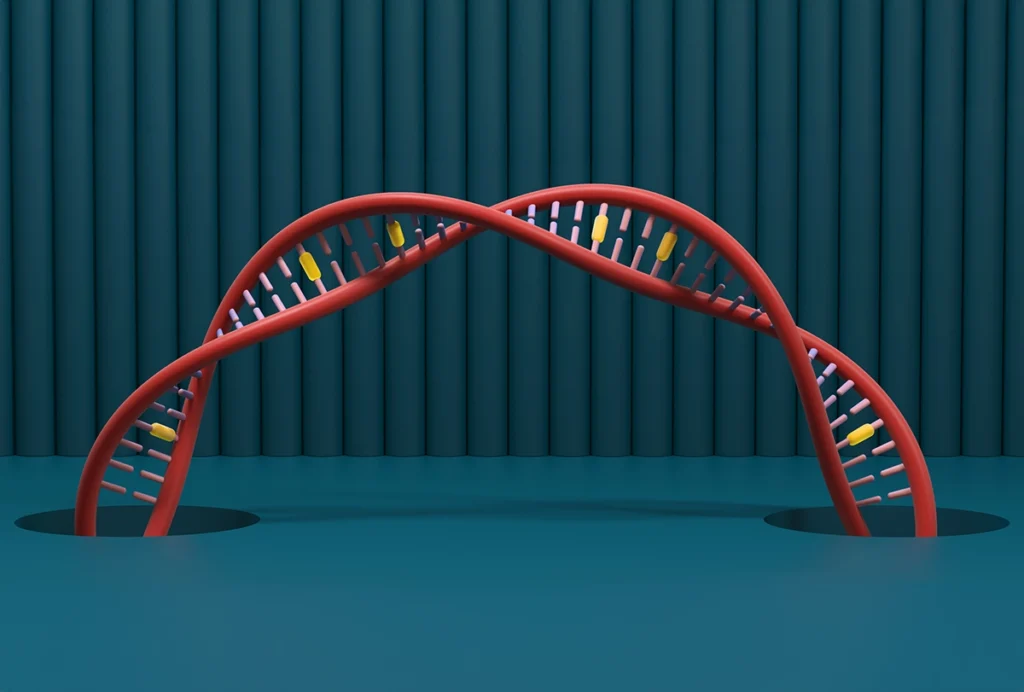
Genome structure could be key factor in some forms of autism
Head size parts autism into two major subtypes
An imbalance in the number of excitatory neurons in early brain development may account for the difference.
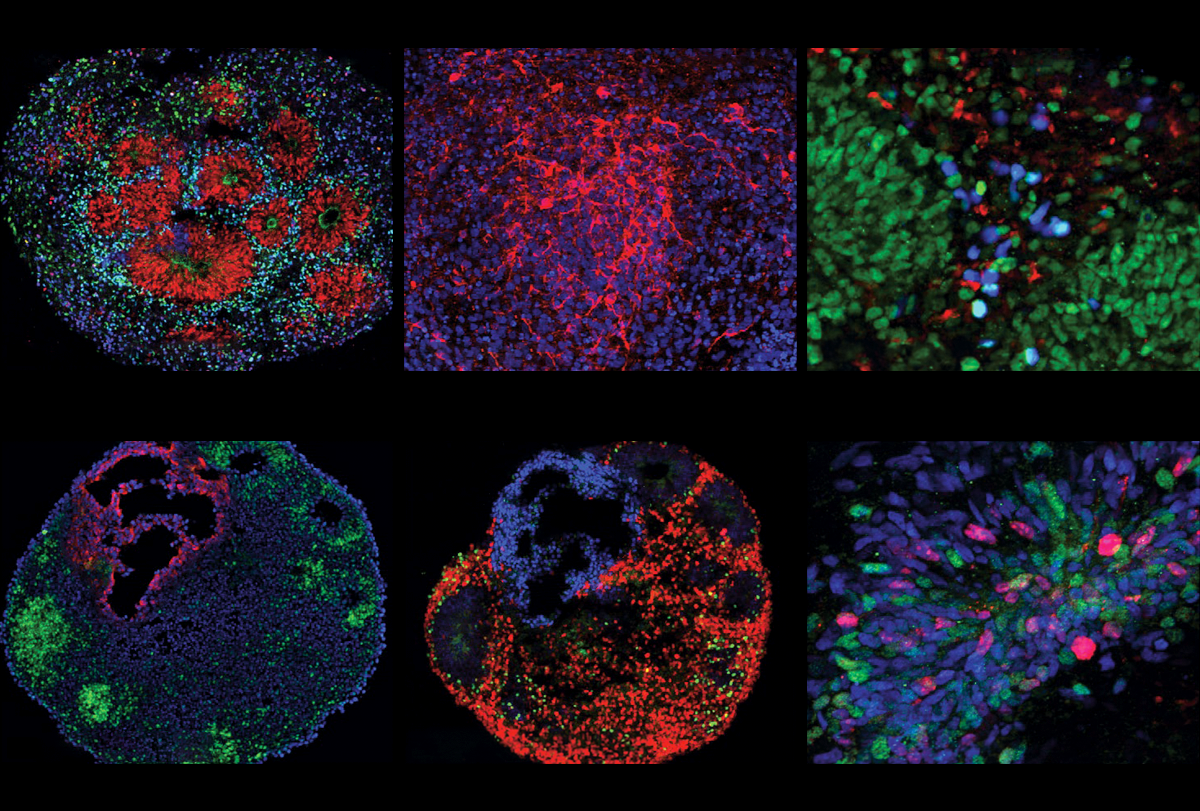
Head size parts autism into two major subtypes
Some who lack autism diagnosis carry variants tied to the condition
The variants are associated with slight differences in measures of intelligence, income and employment, but the relationship may not be causal.

Some who lack autism diagnosis carry variants tied to the condition
Partner selection may amplify rare variants in children
Nonrandom mating — the propensity for people to partner with others who share their traits — can increase the likelihood of autism or other conditions across generations.

Partner selection may amplify rare variants in children
Genetic background sways effects of autism-linked mutation
Experiments offer clues to why certain mutations are associated with autism in some people and not others.
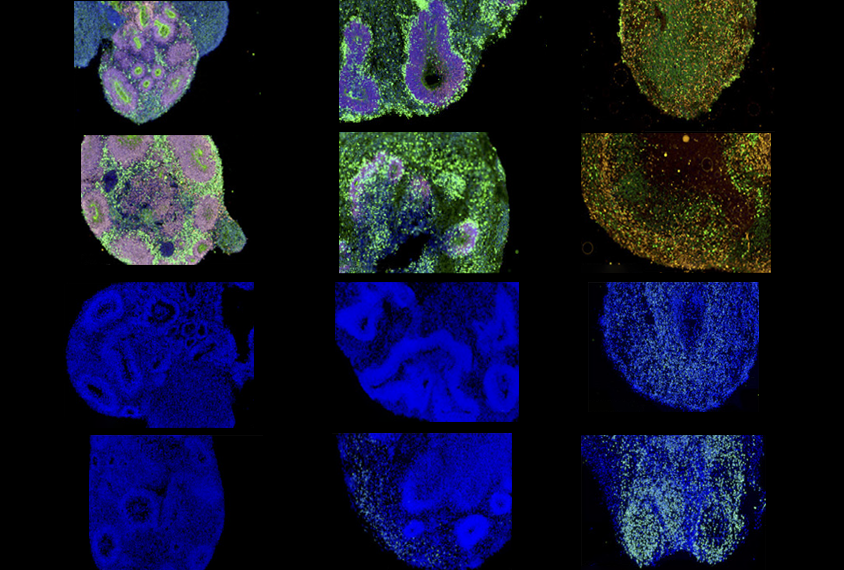
Genetic background sways effects of autism-linked mutation
The future of autism therapies: A conversation with Lilia Iakoucheva and Derek Hong
If a therapy for autism’s core traits makes it to market, it will likely take one of three forms, the researchers say.
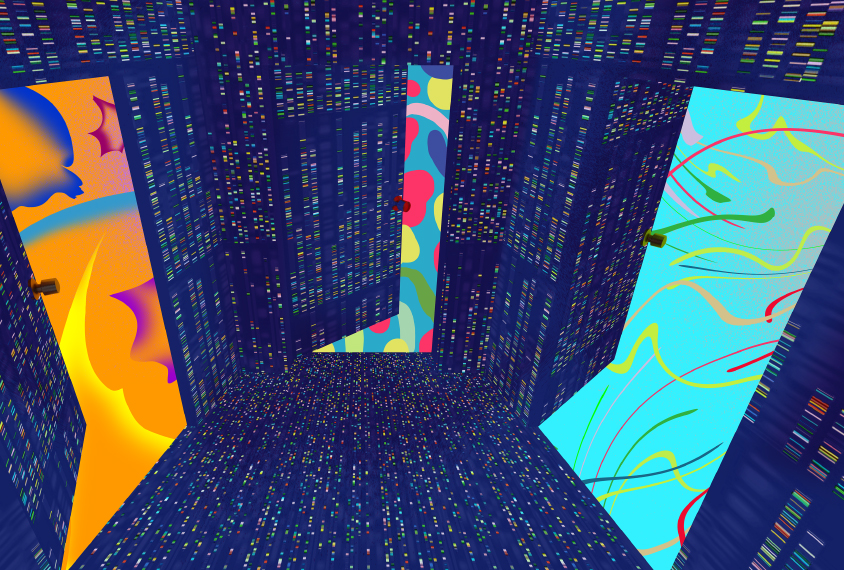
The future of autism therapies: A conversation with Lilia Iakoucheva and Derek Hong
Lessons from n-of-1 trials: A conversation with Joseph Gleeson
Some conditions are too rare for conventional drug trials, leading some scientists to test bespoke treatments in single participants. Gleeson discusses the merits — and limitations — of these tiny trials.
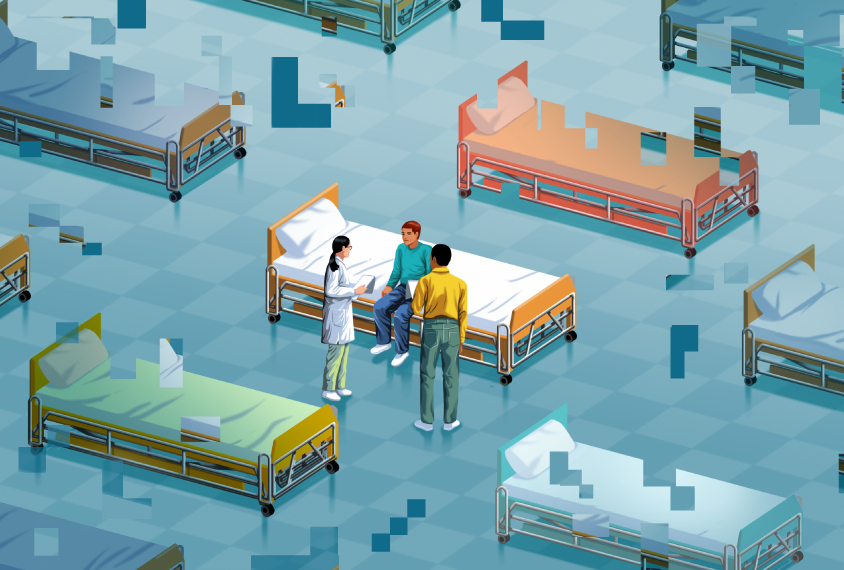
Lessons from n-of-1 trials: A conversation with Joseph Gleeson
Going on Trial: Trofinetide approval for Rett; n-of-1 ASO therapies; cord-blood deals
This month’s issue of the Going on Trial newsletter examines personalized therapies for rare conditions, Acadia’s new drug for Rett syndrome and developments in a cord-blood program, among other autism-related drug trial news.
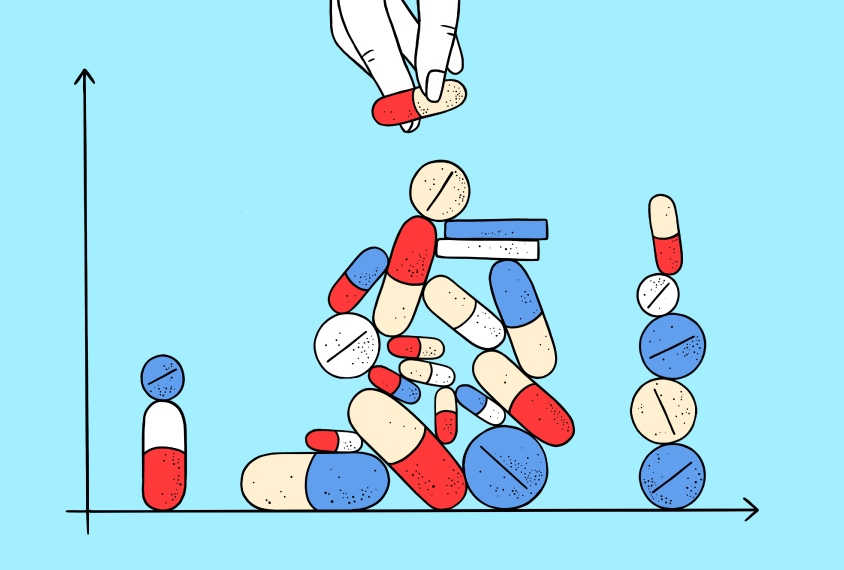
Going on Trial: Trofinetide approval for Rett; n-of-1 ASO therapies; cord-blood deals
Brain signatures of rare variants hint at cardiovascular risk
People whose brains look like those of people who carry autism-linked copy number variants also share markers of heart health.
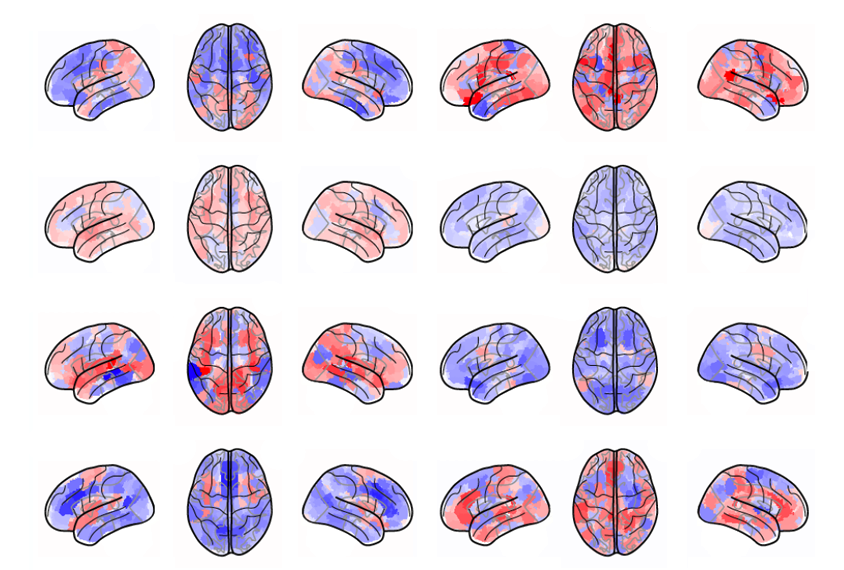
Brain signatures of rare variants hint at cardiovascular risk
X-chromosome variants help explain autism’s sex bias
The rare variants are also linked to ADHD and Tourette syndrome, two other conditions that disproportionately affect boys and men.
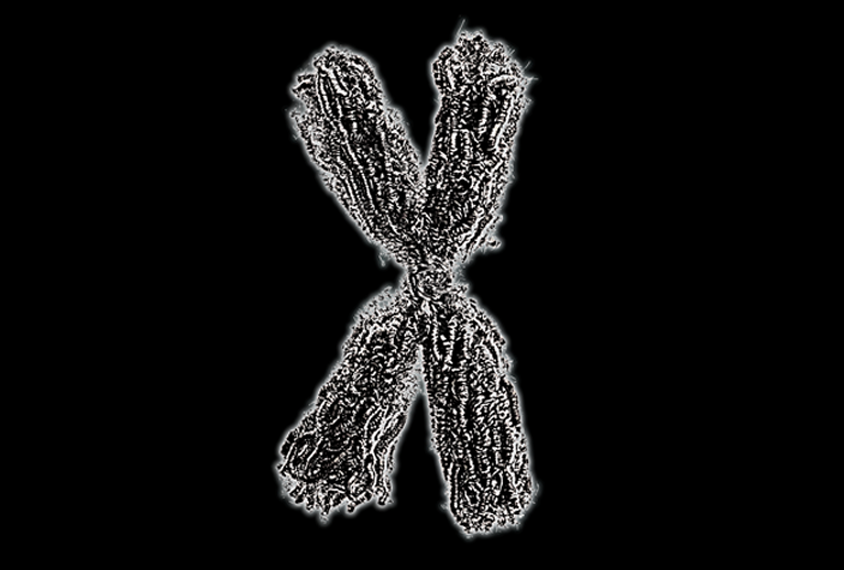
X-chromosome variants help explain autism’s sex bias
Explore more from The Transmitter
X chromosome inactivation; motor difficulties in 16p11.2 duplication and deletion; oligodendroglia
Here is a roundup of autism-related news and research spotted around the web for the week of 6 May.
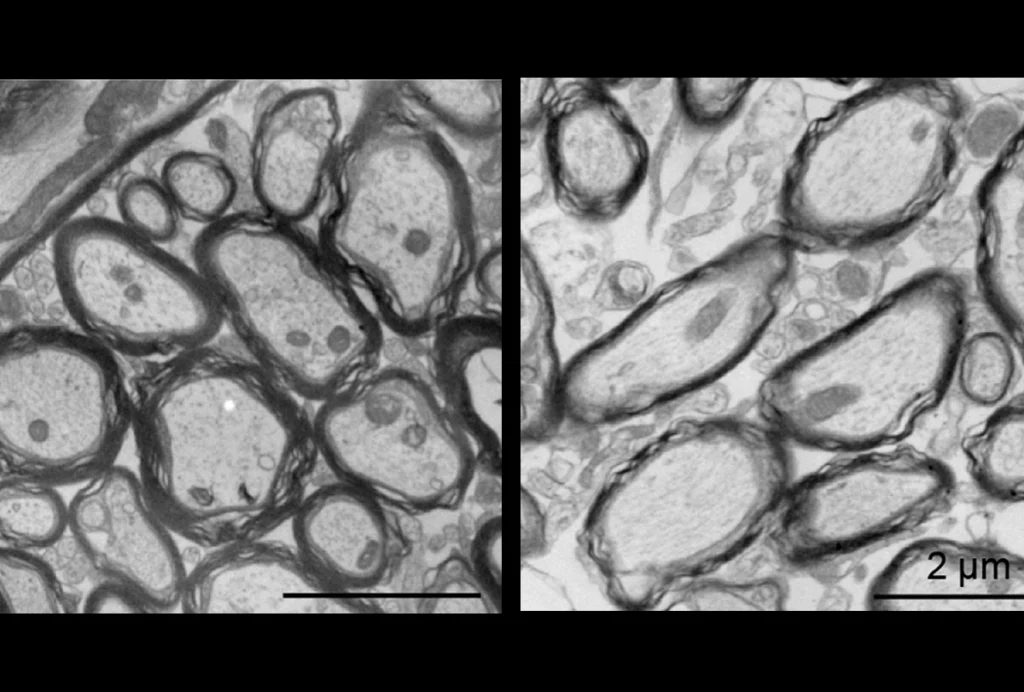
X chromosome inactivation; motor difficulties in 16p11.2 duplication and deletion; oligodendroglia
Here is a roundup of autism-related news and research spotted around the web for the week of 6 May.
Decoding flies’ motor control with acrobat-scientist Eugenia Chiappe
The tiny performers steal the show in Chiappe’s sensorimotor-integration lab in Lisbon, Portugal.

Decoding flies’ motor control with acrobat-scientist Eugenia Chiappe
The tiny performers steal the show in Chiappe’s sensorimotor-integration lab in Lisbon, Portugal.
Neuroscience needs a research-video archive
Video data are enormously useful and growing rapidly, but the field lacks a searchable, shareable way to store them.
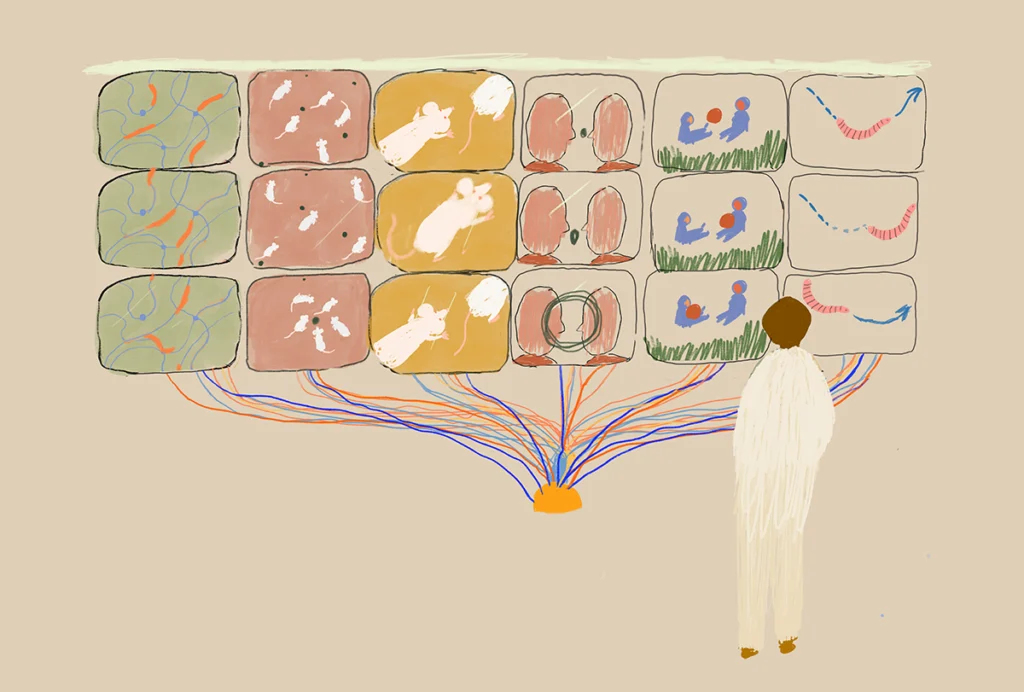
Neuroscience needs a research-video archive
Video data are enormously useful and growing rapidly, but the field lacks a searchable, shareable way to store them.